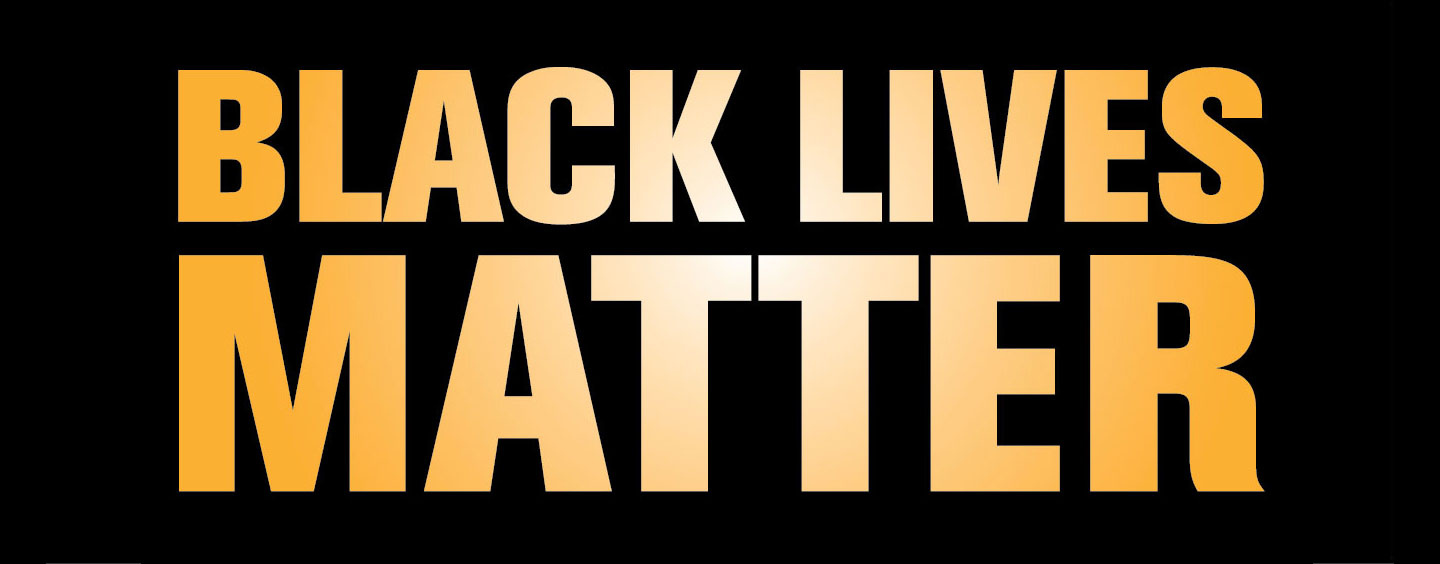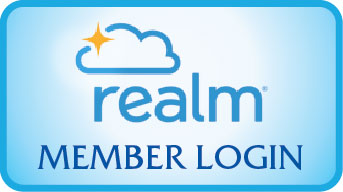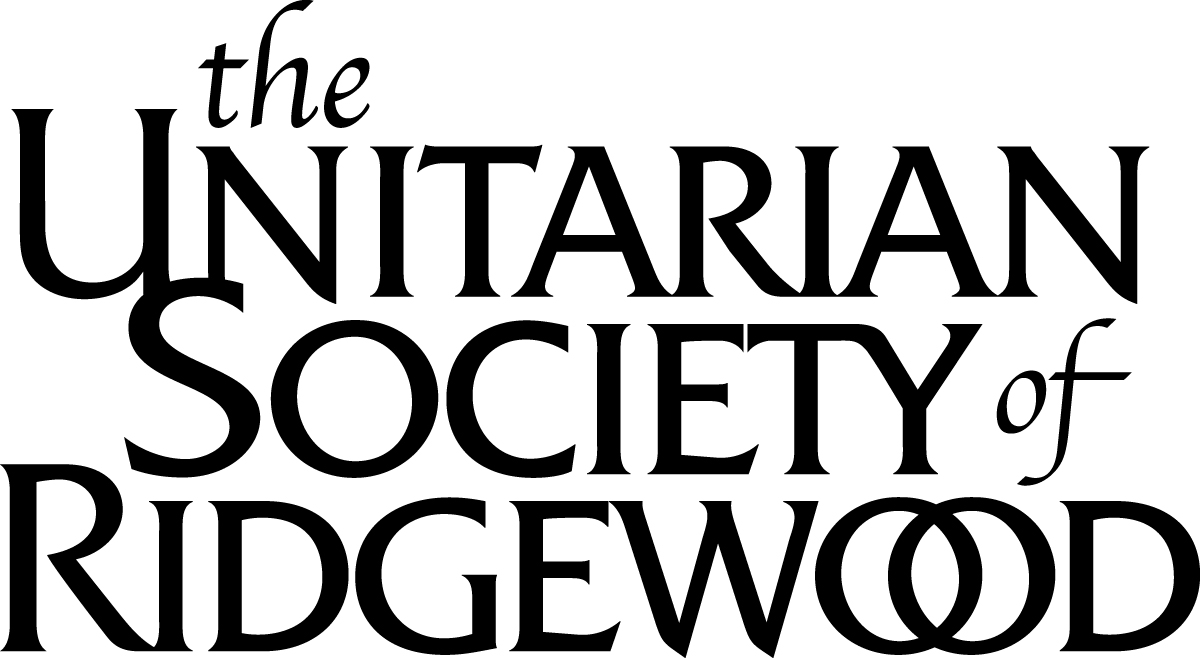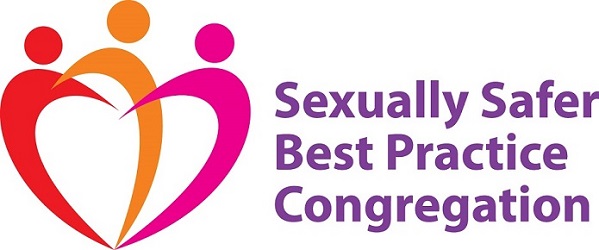A year ago this month, Rev. Sarah preached a sermon envisioning USR as a more inclusive congregation. She invited us “to engage in conversation with those who hold deeply different views from us.” Referring to our national malaise, she said, “Conversation and relationship is what will, maybe, begin to heal the deep divisions that are so stark among us.” While insisting that no one should put themselves at risk, she called on us to “Widen the Circle with clear boundaries” and reach out beyond the borders of theology and politics “to become what Unitarian Universalism has the potential to be.”
In April, 2016, Interim Minister Tony Johnson. wrote: “During the cottage meetings last fall, the theme of theological diversity emerged in two contradictory perceptions. One perception was that the Unitarian Society of Ridgewood’s identity as a Humanist society was becoming weaker. The other was that the Society’s identity as a Humanist society made it difficult for religious liberals who were not Humanists to feel fully welcome and served by the Society’s ministries. My experience is that when contradictory perceptions such as these exist within a religious society, each contains some truth. Understanding what is true in this instance means, in part, having clarity on what we mean by ‘humanist’ and what we mean by ‘inclusive.’ The meanings we give to these words can be very different.”
As he invited USR to explore these contradictory perceptions, he affirmed that “One of the attractions of Unitarian Universalism is the space it provides for religious people of diverse beliefs but shared values to explore together their beliefs and how to live their values.” He encouraged each member of the USR community to seek “personal clarity and a common understanding of the strength of identity and breadth of diversity that already exists in the Unitarian Society of Ridgewood.”
As the Board explores the mission and future of USR, not just to address a budget shortfall but to deepen our shared sense of values, we will need to continue the kind of open discussion that marked last month’s Budget Town Hall. And I suspect we’ll find that our challenge is more than just an economic one. It’s also a conversational one. We may need to get to know each other more deeply.
Inclusiveness is not merely a matter of extending a friendly welcome. It needs us to cultivate an atmosphere of genuine acceptance, where every individual feels valued, heard, and respected, across differences of belief, background, and life experience. We will have to leave our comfort zones and engage in meaningful conversations with those whose views may challenge our own. It is through these conversations that we can broaden our understanding, challenge our assumptions, and grow as individuals and as a community.
Back in October, I wrote a piece entitled “We are a Welcoming Congregation.” I stand by it! And as the Board seeks to support the work of the Welcoming and Participation Circle, I hope we’ll be able to widen our circle of inclusion. We can become a beacon of hope and inspiration, demonstrating that it is possible to build a community where diversity is celebrated, and acceptance is the norm.
–Jack Lohr, President for the Board of Trustees





